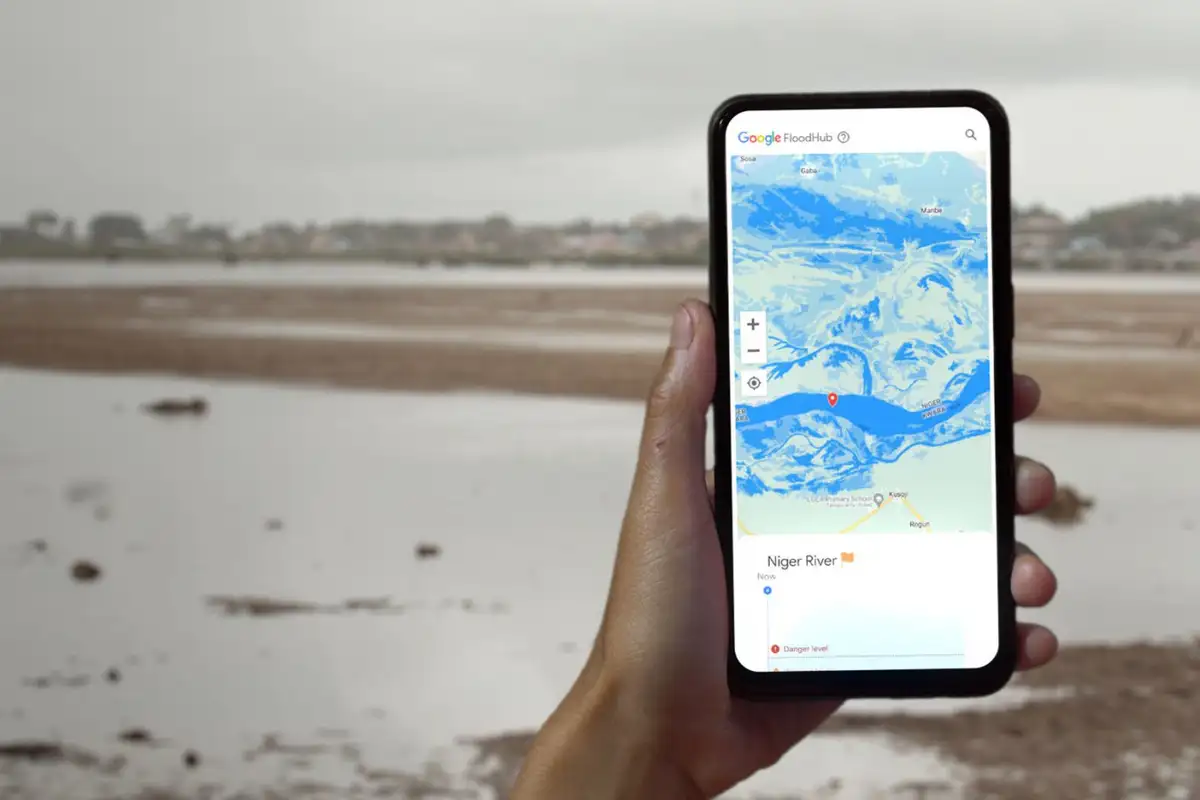🌊 Flood Response with AI
AI in flood management utilizes ML, remote sensing, and real-time data for effective prediction, response, and recovery.

Today's Highlights
- How AI is impacting flood detection
- This Week On BuzzBelow - a recap on this week's topics
- In Other News - a few interesting developments we're tracking
Artificial Intelligence (AI) in recent years has emerged as a game-changer in various fields, including water management. One of the critical areas where AI is making significant strides is in flood prediction and management.
Machine Learning (ML) Models in Flood Prediction
ML algorithms like Random Forests, Support Vector Machines (SVM), and Neural Networks are used to simulate and predict river flows and flood events by processing hydrological data (e.g., rainfall, river levels). Convolutional Neural Networks (CNNs) and Recurrent Neural Networks (RNNs), including Long Short-Term Memory (LSTM) networks, excel in analyzing temporal and spatial patterns in weather data, aiding in forecasting floods. IBM's The Weather Company utilizes ML and predictive models to provide weather forecasts, including flood prediction, by analyzing diverse weather data sources.
Dynamic Response and Resource Allocation
AI for Decision Support utilizes AI to analyze flood progression scenarios, assisting emergency response teams in optimizing evacuation routes and resource deployment. Floodbase uses satellite imagery and AI to track floods in real-time, supporting decision-making for emergency response and resource allocation. Drones equipped with cameras and sensors, processed through AI algorithms, survey flood-affected areas for real-time decision-making and damage assessment.

Post-Flood Recovery and Analysis
Damage Assessment Tools use image recognition and machine learning to analyze post-flood imagery for assessing damage and prioritizing recovery efforts. Learning and adaptation is a technique that employs AI to learn from each event, improving the accuracy of models and efficiency of response strategies over time. Zurich Flood Resilience Alliance (ZFRA) utilizes AI for learning and adapting from flood events, aiming to enhance resilience and recovery strategies.
AI is transforming flood prediction and management, notably through machine learning and remote sensing. Google's Flood Hub exemplifies this with hyper-local flood data, now available in 80 countries, reaching 460 million people with forecasts up to 7 days ahead. This advancement in providing localized flood information is crucial for timely action against riverine floods. As technology progresses, AI integration in water management promises even more sophisticated protection for lives, property, and ecosystems from flood devastation.
This Week on BuzzBelow




In Other News







